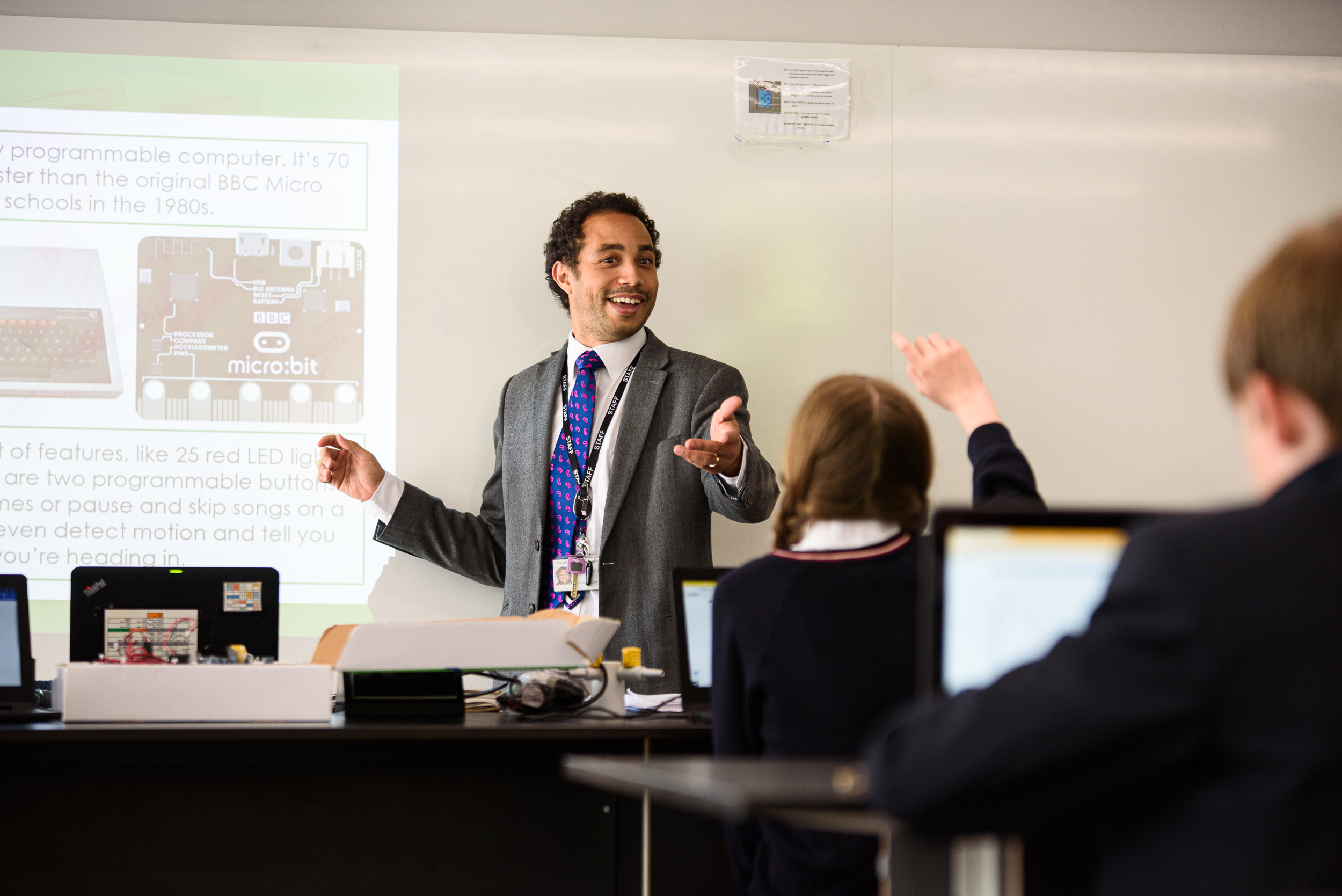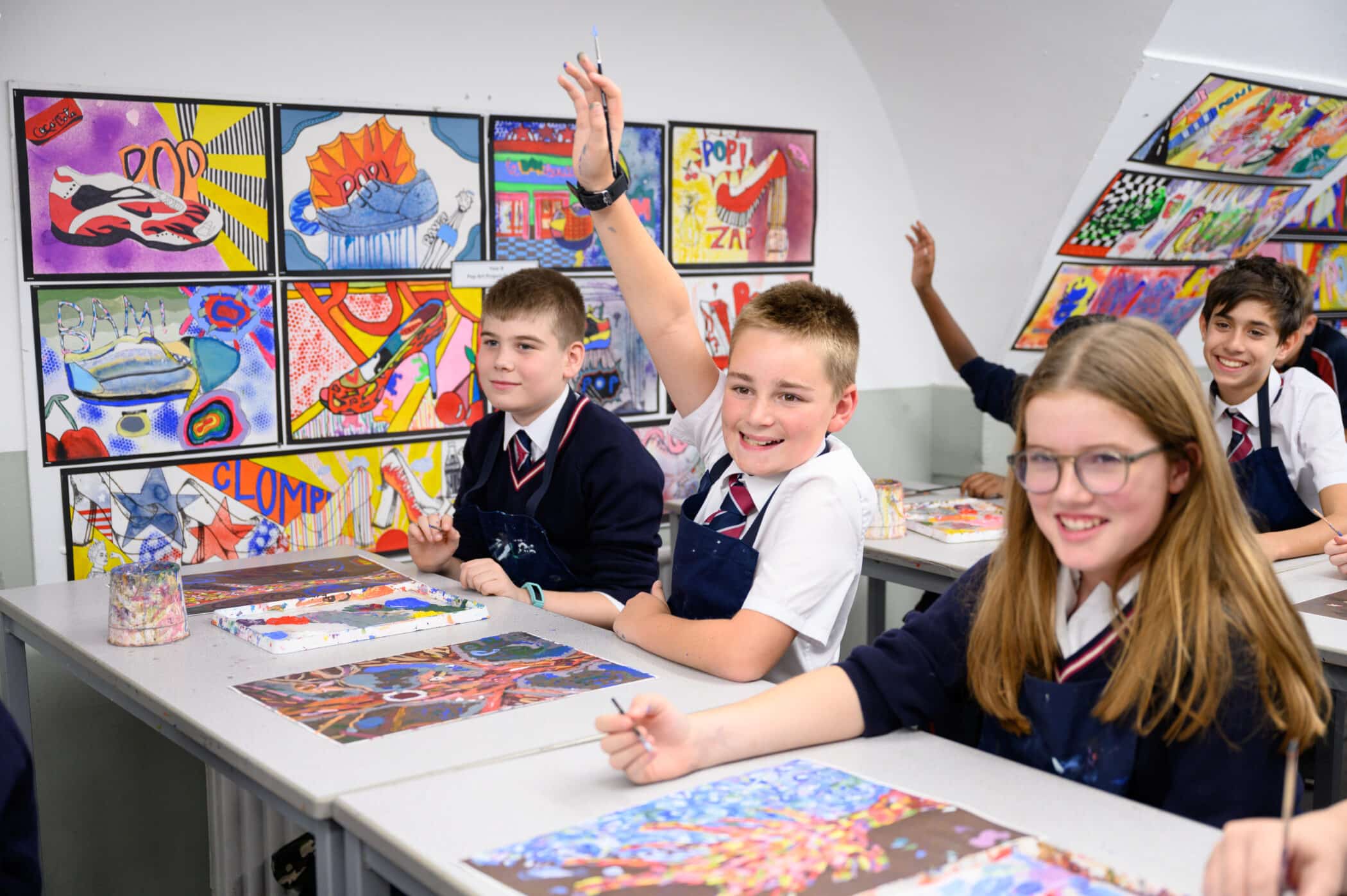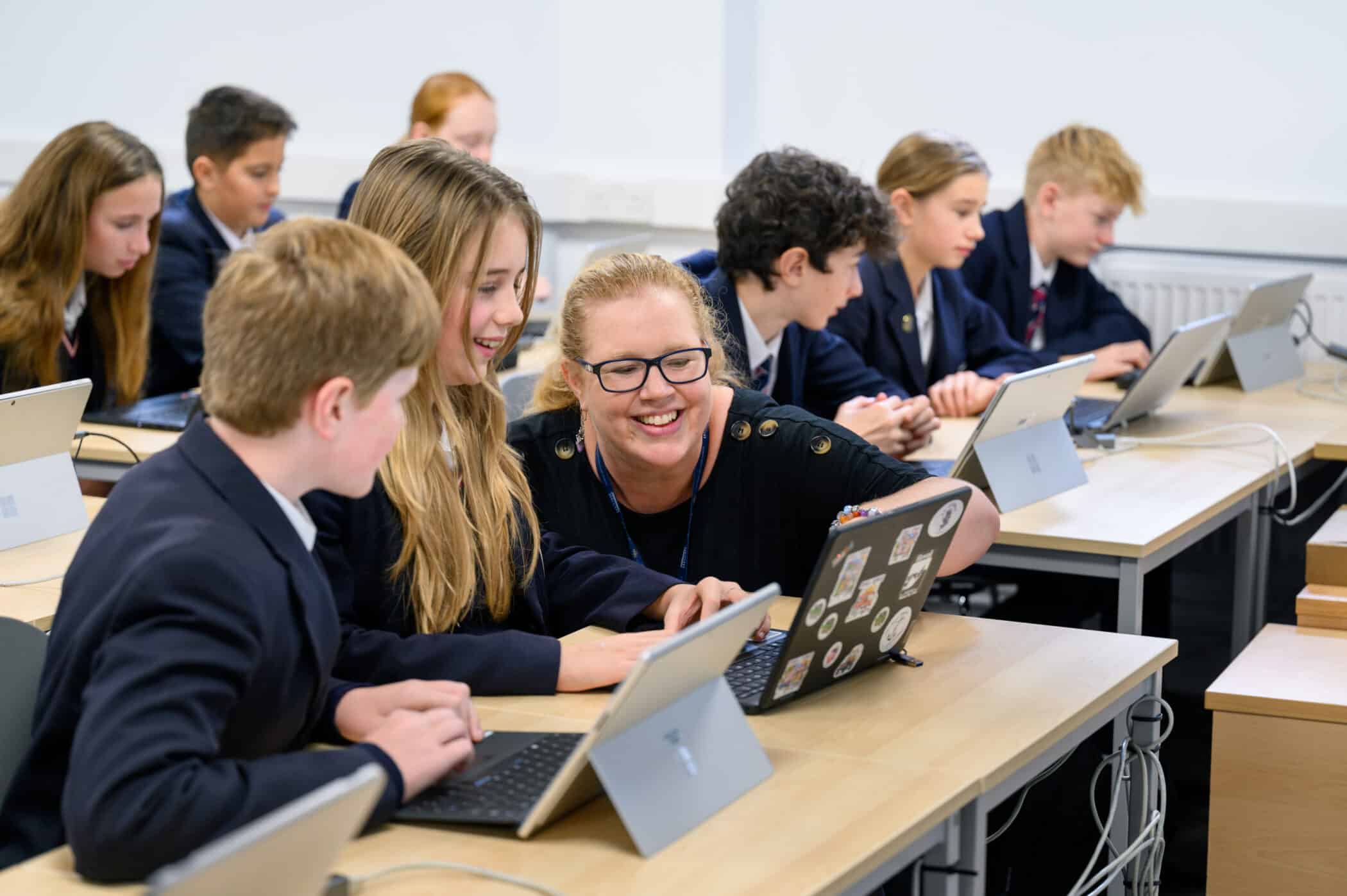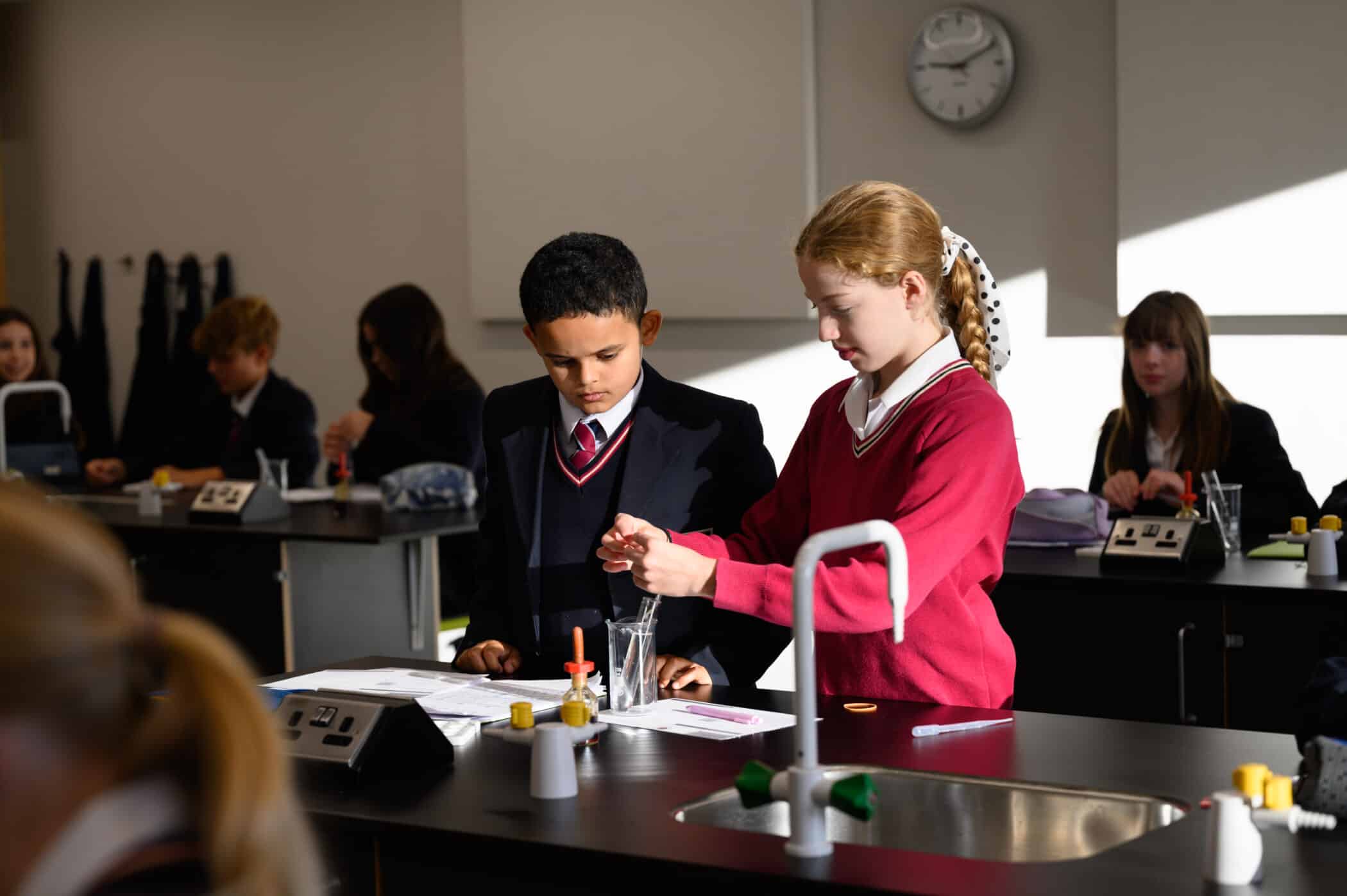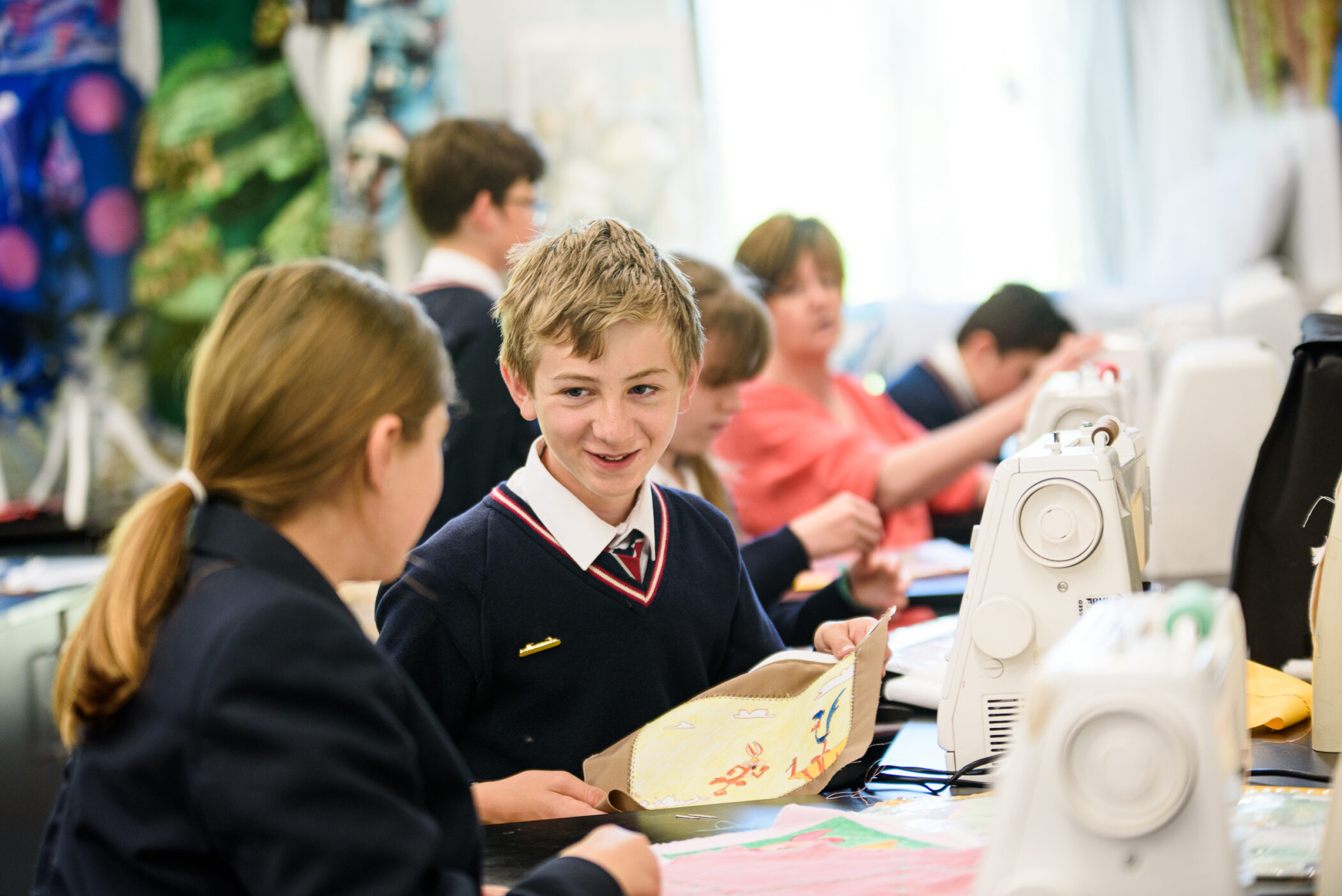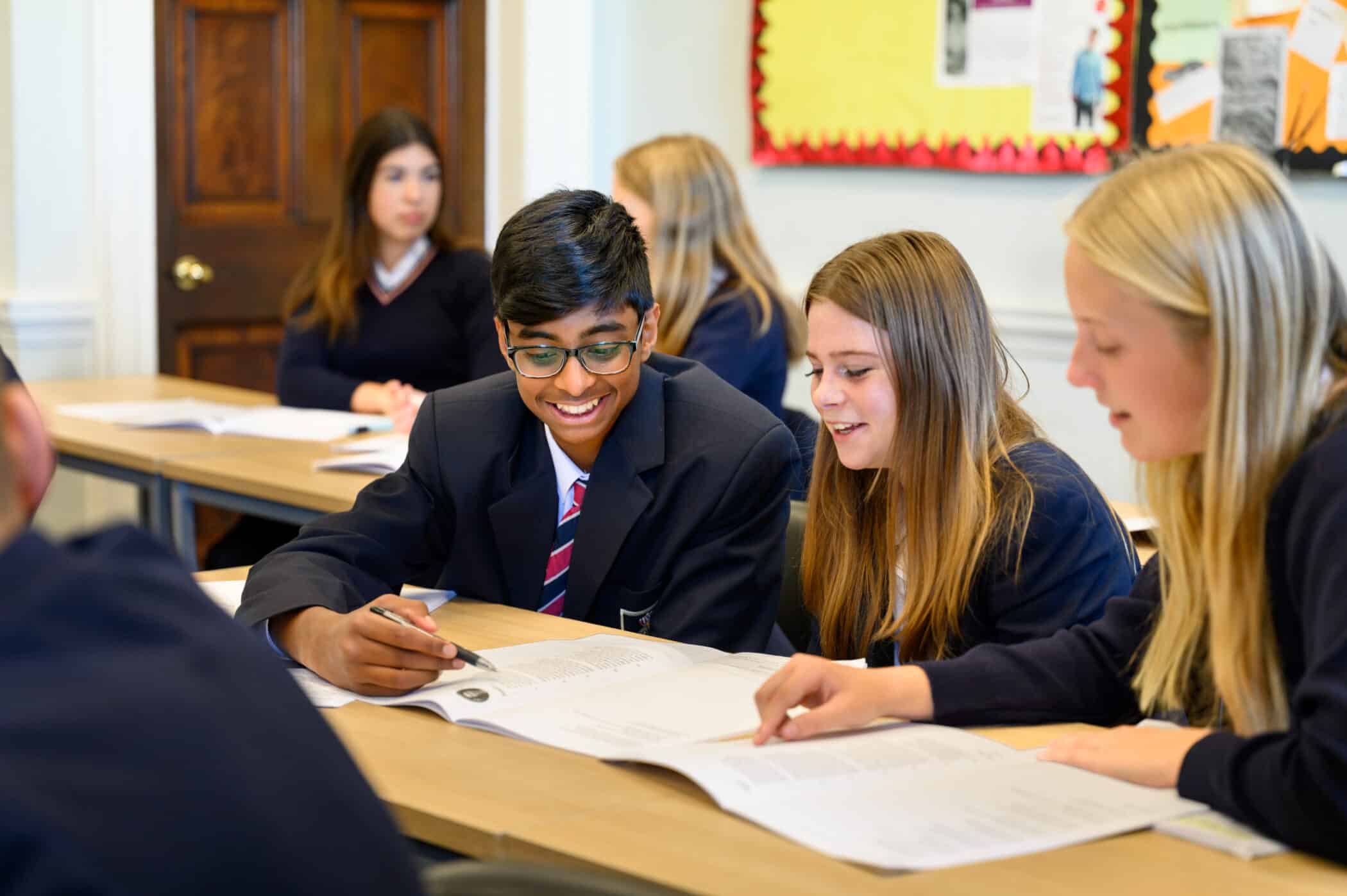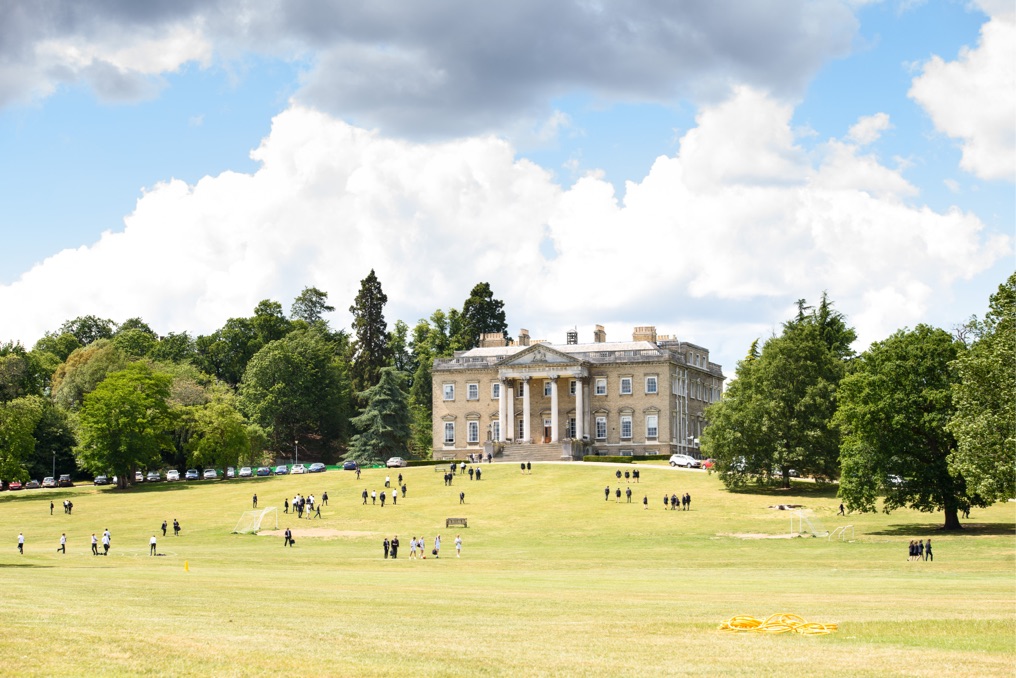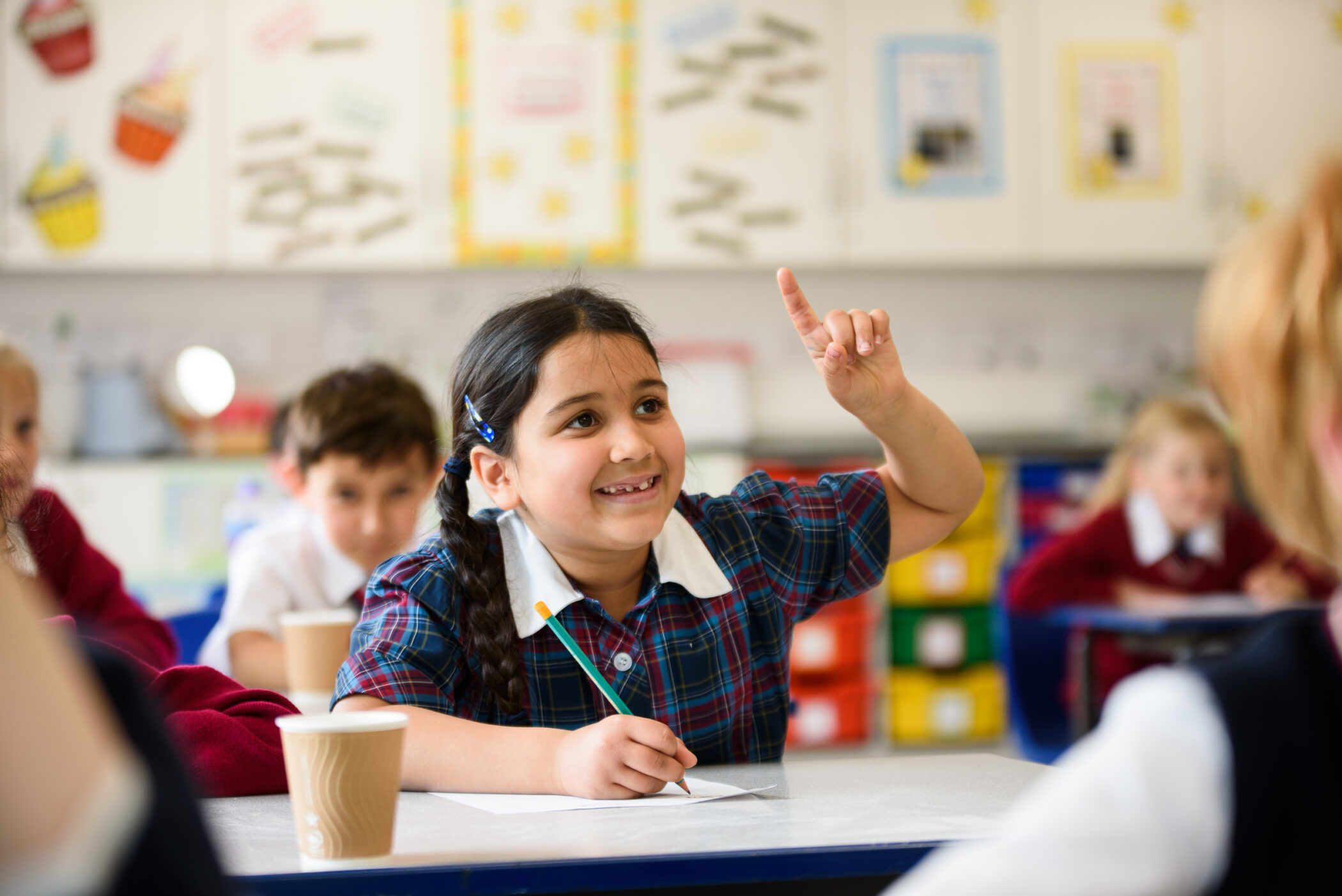What makes a Claremont education unique?
We teach through our character qualities, a set of values that produce far more than just excellent academic results. In our eyes everyone has limitless potential, and that success in life lies in remaining open to new experiences and learning from and working with others in order to continually improve. We know as adults that learning never really ends, it goes far beyond school – so we give pupils the mindset to do this effectively.
Learner attributes wheel
The curriculum and our teaching and learning is specifically designed to not just prepare students for successful examination results, but to prepare them to be successful professionals and global citizens. That is why we purposefully aim to develop the skills in our students that we believe make them more effective and independent learners such as metacognition (the ability for effective self-evaluation) and problem-solving. We target these skills in our teaching and deliver them through exciting and challenging tasks, content and concepts.
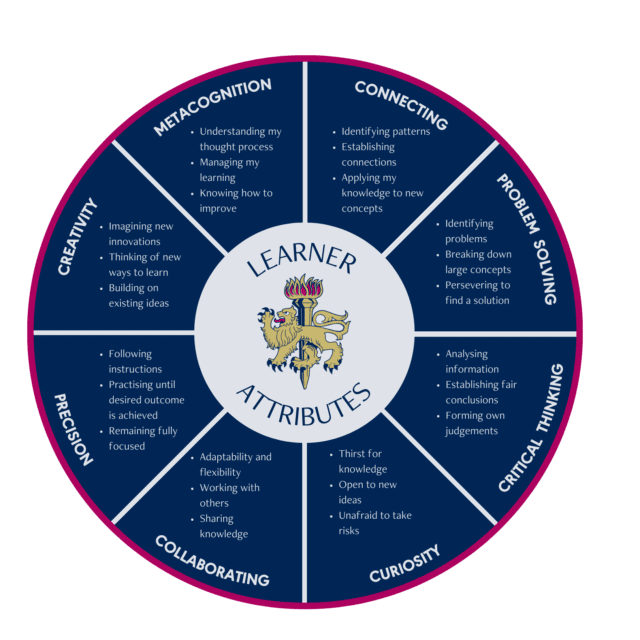
Curriculum Roadmap
The academic student journey at Claremont is purposeful, fun and enriching. We urge students to think of it like a roadmap with each stage in the journey having its own clear objectives and its own distinctive feel whilst all the time having a clear sense of where you hope to end up – successful transition to university and professional life.
Years 7 to 9 should be about fun, engagement in learning and having the ability to experience as diverse a range of subjects and options as possible whilst also preparing successfully for the examinations ahead. GCSE study should allow students to have the choice to study the subjects they enjoy and are strong at. Whilst at A Level we aim to support students to develop an academic identity that gives students a passion for the subjects and professional life they will transition to when they leave Claremont.
We make sure each transition point through the journey is well supported with dedicated careers and higher education co-ordinators, a thoughtful and proactive individual needs team that provides outstanding study support and guidance and a pastoral team that knows each student and supports academic goal setting and advice.
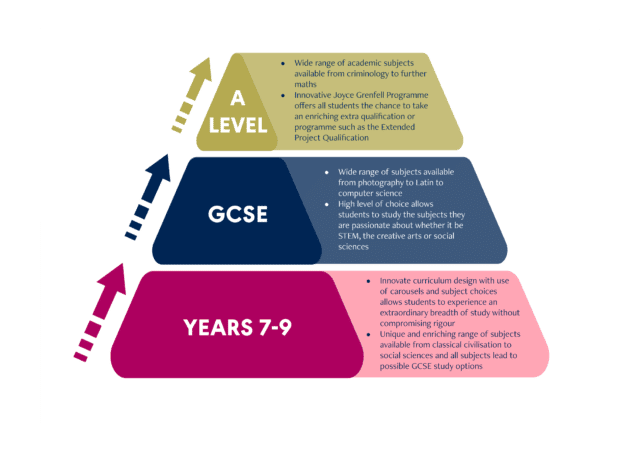
So what does that look like in reality?
We achieve this through offering a real diversity and breadth of subjects on offer, building a curriculum as much as possible around the strengths and interests of the individual learner, whilst ensuring that all students have a strong core foundation of skills and understanding.
In Years 7 and 8 there are core subjects (English, maths, science and religious studies) and carousel subjects (15 others across science, technology, arts, sports, foreign language and humanities), which move on to become core subjects and options from Year 9 onwards.
Year 10 and 11 pupils study towards their GCSE examinations. Typically they study six compulsory subjects (English language and literature, mathematics, combined science and RS) and four optional subjects. The curriculum can be extended or reduced to suit the educational needs of the pupil. The GCSE curriculum booklet is given to all families at the GCSE evening held during Year 9 and contains a full description of all courses, examination boards and assessment details. We offer a wide range of subjects to suit all pupils but recommend a balance that will usually include a language and a humanities subject. GCSE examination boards vary from subject to subject and are chosen with care by heads of department.
Summer term 2024 subject support (clinic) timetable
Key stage 3 curriculum booklet 2023-24
GCSE curriculum booklet 2022-2024
GCSE curriculum booklet 2023-2025
GCSE curriculum booklet 2024-2026
A level curriculum booklet 2022-24

